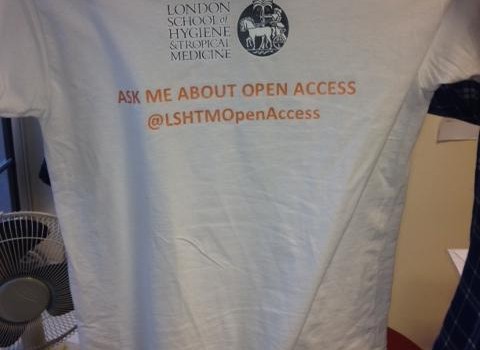Emma Golding, Research Online Administrator kicked off by presenting the Publishing Open Access webpages for staff and students at the School have recently been updated with details of funder open access policies such as the Charity Open Access Fund (COAF), BMJ/Bio Med Central discounts and Pre Payment vouchers as well as the PLoS Institutional Account Programme for Wellcome Trust and RCUK funded researchers. Also covered were the details of who to contact in the Finance department for follow up queries about payment of Article Processing Charges (invoices).
John Murtagh, Manager of LSHTM Research Online next presented the newly created Charities Open Access Fund (COAF) which provides the School with money to cover the cost of article processing charges (APCs) for peer reviewed research, funded wholly or partly by one or more of these UK medical research charities:
Arthritis Research UK
Breast Cancer Campaign
British Heart Foundation
Cancer Research UK
Leukaemia & Lymphoma Research
Wellcome Trust (including WELMEC)
Also presented to staff was the new Open Access requirements for the Research Excellence Framework in 2020. To be eligible for inclusion researchers at the School will have to deposit the manuscript of their paper upon acceptance and within three months and this policy comes into place in April 2016. John covered what measures the School is making in meeting the new requirements and his presentation is also available below.
Finally, Gareth Knight, manager of the Research Data Service, gave a talk on the emerging role of data sharing in the Open Access world. He began by providing an overview of the School’s policy on sharing of research data and the personal benefits that may be gained by making research data available, moving on to consider the issues that need to be considered before data can be made available. In particular, he noted that projects need to obtain participant consent and ensure that study participants cannot be identified in the resulting dataset. Gareth concluded by providing an overview of the data sharing mechanisms that are available and the functionality that will be offered by LSHTM’s new Research Data Repository.
Thank you to all who attended the events and for your feedback and questions. We hope to visit Schools and Departments in the near future with similar events.







